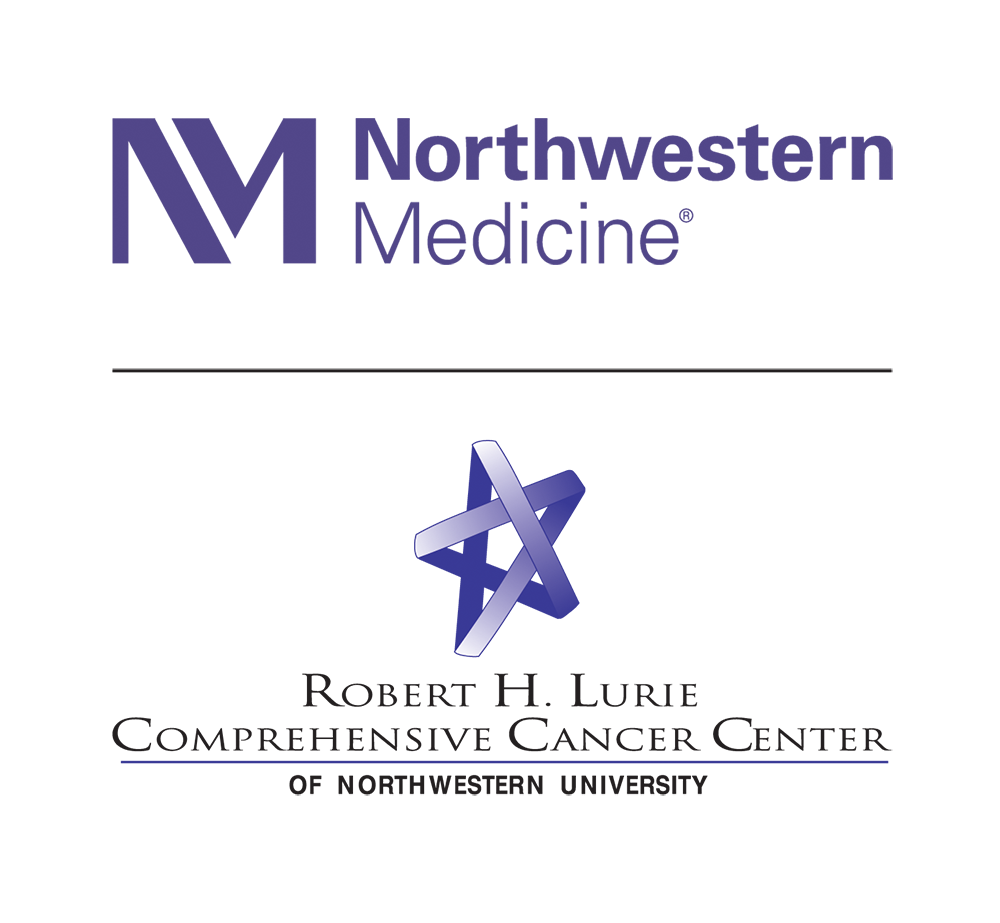
Brachytherapy, Chemo and Turner Syndrome: A Teen's Rare Cancer Battle

Key Takeaways
- Liliana Castaneda, with Turner syndrome, was diagnosed with rare clear cell carcinoma of the vagina at 14, unrelated to her condition.
- Her treatment involved five chemotherapy rounds, external beam radiation, and brachytherapy, managed by Northwestern Medicine.
A young cancer survivor who underwent external beam radiation therapy and brachytherapy at 14 years old discusses her rare diagnosis, side effects and the nonlink to her Turner syndrome.
When she was 14 years old, Liliana “Lili” Castaneda was already navigating life with Turner syndrome, a chromosomal condition that impacts how the female body grows and develops, particularly during puberty.
Then her period began, but in a concerning development, she says, “It just never stopped bleeding from there.”
What she initially dismissed as stress or a complication of her existing hormone treatments soon led to a diagnosis of a very rare type of cancer: clear cell carcinoma of the vagina. This moment marked the beginning of a medical journey far more complex than anything she had expected.
The subsequent treatment involved intensive procedures, including five rounds of chemotherapy, external beam radiation and brachytherapy. Her physicians, who were from Northwestern Medicine, confirmed her cancer diagnosis was unrelated to her Turner syndrome, adding another layer of complexity to her unique medical history.
Now 19 years old and free of cancer, she is pursuing her dream of becoming a pediatric nurse, as her difficult journey provided the catalyst for her new mission: to give back and support young patients.
In an interview with CURE, Castaneda offered an intimate look at the challenges of her cancer journey, her recovery and her inspiring path from patient to future nurse.
CURE: At what point did you realize something wasn't right, that this wasn't what you read about getting your period in school?
Castaneda: Well ... a month before I got [my period], the doctor had just told me that I would never get my period [because of Turner syndrome], that I would never have kids [and] stuff like that. Then I got my period about a month after she told me that, and then she told me [it was indeed a] period. I was like, “OK.” It went like that for a couple months. It was like every month it would stop, and then in May ... it came like how it normally would, and then it just never stopped bleeding from there.
In the beginning, were there any concerns that this was related to Turner syndrome?
No, she just told me it was from stress, and then that it was a period … even though she just told me that I wasn't going to get [my period].
What went through your mind when you were told you had cancer at 14 years old?
I realized it was cancer, but I didn't know how rare it was until after all the treatments and stuff like that. I wondered, "Well, how would it affect me? Would I lose my hair? Would I still be able to do stuff I normally do?"
Were there any concerns or questions about whether your cancer would impact or was related to your Turner syndrome?
When they first rushed me to the hospital, I asked, "Did the Turner syndrome cause the cancer? Is it related?" The doctor told me, “No, they're both very separate things.”
Can you discuss meeting your care team who helped you go through your procedures? What can you share about that experience?
In the clinic's department, I was their youngest patient there, so they explained everything step by step. They made sure I understood everything.
They did radiation, and then for the last radiation, I had to be in the hospital for three days, where it was needles in my vaginal area, and I couldn't move at all because of the needles. I just had to be in bed. [I also] did five rounds of chemotherapy.
What do you recall about any treatment-related side effects that you experienced?
[Because] I was also iron deficient ... I would get very bad headaches [and] stomach pain. I would get very low energy. I would just get up and feel dizzy right away.
For [that side effect], the doctor gave me iron pills, and then those would upset my stomach. Then she tried changing the iron pills, but they all just made my stomach hurt.
Today, you’re 19 years old and free of cancer. What is your life like now?
I definitely appreciate life more. I try to do things that I want to do. Now [it is a motto of]: Don't doubt it, just do it. [I wanted to go into pediatric nursing] to be able to take care of the kids.
Do you have advice for any other adolescent or young adult patient currently going through their cancer journey?
They'll get through this. Just take it step by step.
Transcript has been edited for clarity and conciseness.
For more news on cancer updates, research and education,




